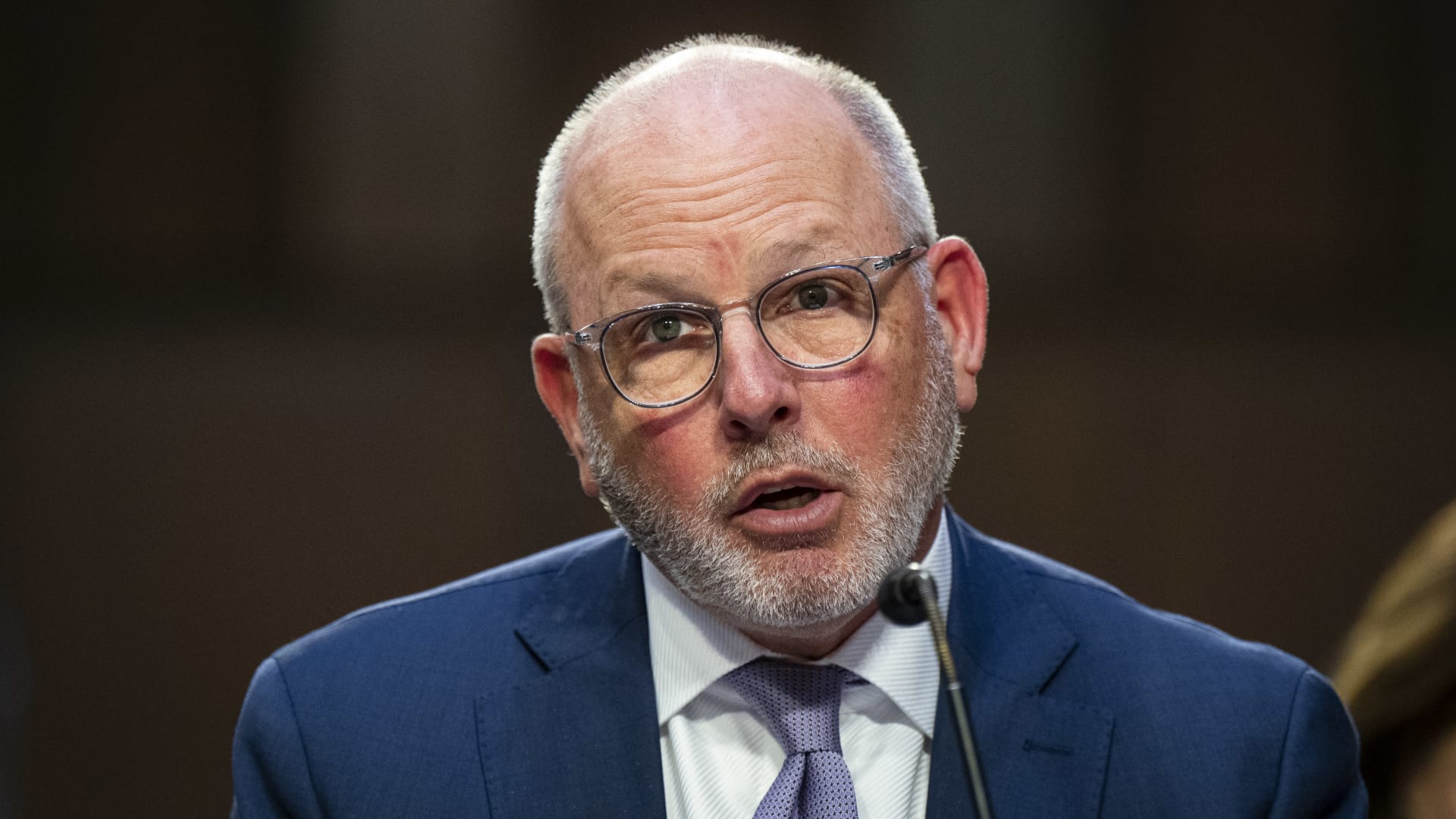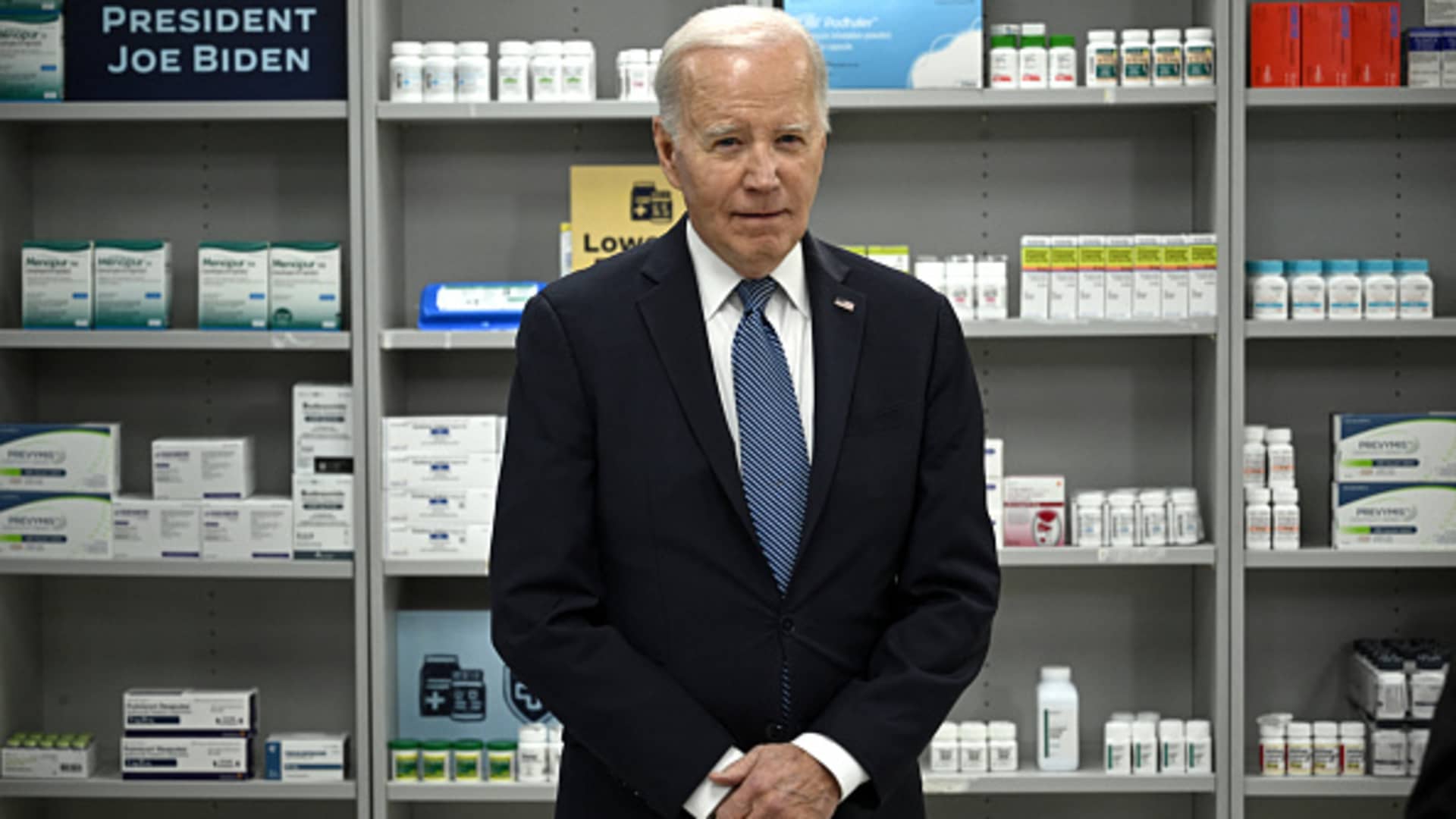Women's genital mutilation (FGM) refers to all procedures that involve partial or total elimination of female external genitals or other injuries to female genital organs for non -medical reasons, according to the World Health Organization (WHO).
“More than 230 million girls and women live today are survivors of this abhorrent practice.” The UN Secretary, António Guterres said in his message for the day, describing him as “one of the most brutal manifestations of gender inequality.”
The United Nations Sexual and Reproductive Health Agency (UNFPA), UN Children's Fund (UNICEF) and the World Health Organization reaffirmed that FGM has no health benefits, with life consequences that include serious infections, childbirth complications, chronic pain and psychological trauma.
“Estradicating this vicious violation of human rights is urgent, and it is possible”, Mr. Guterres emphasized.
Progress and challenges
Since 2008, the UNICEF UNFPA joint program about the elimination of the MGF, in collaboration with WHO, has provided prevention and protection services to almost seven million girls and women.
The initiative has also mobilized 12,000 grassroots organizations and trained 112,000 community and frontline workers. Besides, 48 million people have publicly declared their commitment to put an end to practice.
Despite these efforts, the path to elimination remains steep. Only seven of the 31 countries With the available data are on their way to meet the objective of the Sustainable Development Goals (SDG) to finish genital mutilation by 2030.
Meanwhile, in Gambia, attempts to repeal the prohibition of genital mutilation threaten to reverse years of progress, which underlines the fragility of existing profits.
'Pass the rhythm'
This year's theme passes rhythm, serves as a call to accelerate global efforts to eliminate genital mutilation and dismantle the harmful genre and social norms that perpetuate it.
“We must strengthen global movements for Desglose attitudes, beliefs and gender stereotypeS, ”said Mr. Guterres.
A key part of this effort is the agreement for the future, adopted by the UN Member States last September. This global commitment aims to address gender discrimination and harmful social norms, ensuring that laws and policies align with efforts to end the MGF worldwide.
Inaction cost
The lack of FGM has serious social, economic and health consequences. According to WHO, treating the health complications of genital mutilation Health systems costs $ 1.4 billion annually.
Meanwhile, the mental and emotional cost of survivors can last a lifetime, impacting their education, employment and general welfare.
With less than five years to reach the 2030 objective, the UN is asking for stronger alliances, a greater investment and a sustained defense.
“Join forces to make female genital mutilation history and guarantee a brighter, healthier and more fair future for all women and girls everywhere ”, Mr. Guterres concluded.












